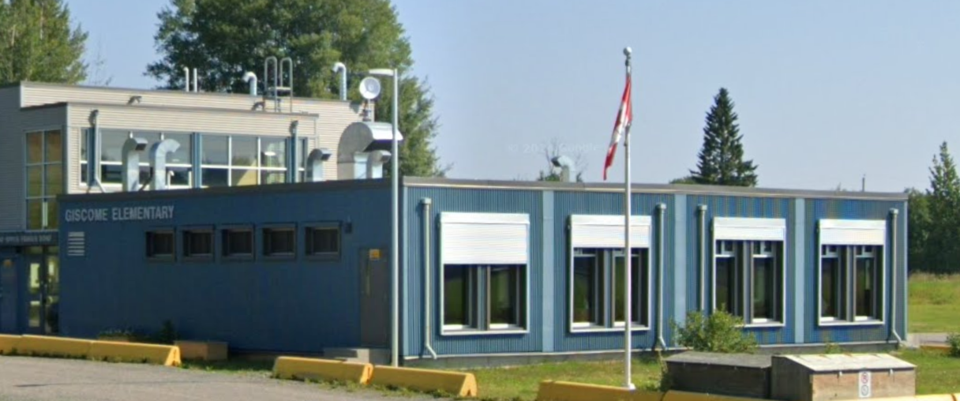The people who make decisions about education in Prince George had a lot to talk about last week.
At School District 57, the conversation was about the potential closure of several local schools, with a focus on the immediate future of Giscome Elementary and the Central Interior Distance Education School.
Meanwhile, the College of New Caledonia is planning to end its English-language classes, and its faculty and students aren’t happy.
The closures aren’t just about finances or low enrolment; they involve real people with life challenges who rely on these institutions to build (or rebuild) their lives and contribute to society.
Closing the small, rural Giscome Elementary does make financial sense. The school has just 10 students this academic year, with even fewer expected next year.
There’s no sensible explanation for keeping a school that small open. The proposal to consolidate these students at Blackburn Elementary, with a relatively short commute, is understandable from an operational standpoint.
However, the decision to close a school with such deep ties to a rural community must consider more than just the numbers.
People living in the rural community fear that closing the school may result in further isolation and disruption, especially for children who may struggle with a larger school environment.
As School District 57 proceeds with its 60-day consultation process, it is crucial that the board fully understands the broader emotional and social impact of such a decision.
Similarly, the proposal to eliminate CNC’s English as a Second Language (ENLA) program presents a stark picture of the risks involved in solely prioritizing financial concerns.
As voiced by instructor Nazgul Stringer and echoed by international students, refugees, and even a residential school survivor from the Lheidli T’enneh First Nation, the ENLA program is not just an academic course. It is a lifeline.
The program provides essential language skills to newcomers who face immense challenges, many of whom are fleeing war, poverty, and persecution. For them, mastering English is not just about securing a job — it’s about integrating into society, finding a sense of belonging, and building a future.There are troubling questions around the funding and justification for the closure.
The ENLA program has seen a 60 per cent increase in credentials awarded in developmental programs, indicating a growing demand. If anything, this is an indication that the program is meeting an important need within the community.
A funding shortfall stemming from the federal government’s cap on international student admissions is affecting many post-secondary institutions, but it should not come at the expense of essential programs that serve marginalized populations.
Finally, the situation at CIDES, the Central Interior Distance Education School, must be addressed with equal urgency.
As the SD57 program runs out of the John McInnis Centre, a former high school, it does not meet the formal definition of a school and isn’t subject to the same consultation processes as other schools. This could lead to a hasty decision without considering the true value of the program.
For many, CIDES is the last resort, offering an essential lifeline to students facing life challenges such as disabilities, trauma or financial hardship and who might otherwise fall through the cracks.
The administration argues that the program’s quality does not meet BC standards. That’s fixable. The board should find ways to improve and expand it, rather than hastily shut it down.
As both Giscome Elementary and the ENLA program face potential closures, it is vital that School District 57 and CNC not only consider the financial factors but also the social and human costs.
Fiscal responsibility is important, but in some cases it shouldn’t overshadow the key role education plays in building a strong, compassionate Prince George.
Have your say with a letter to the editor: [email protected].



